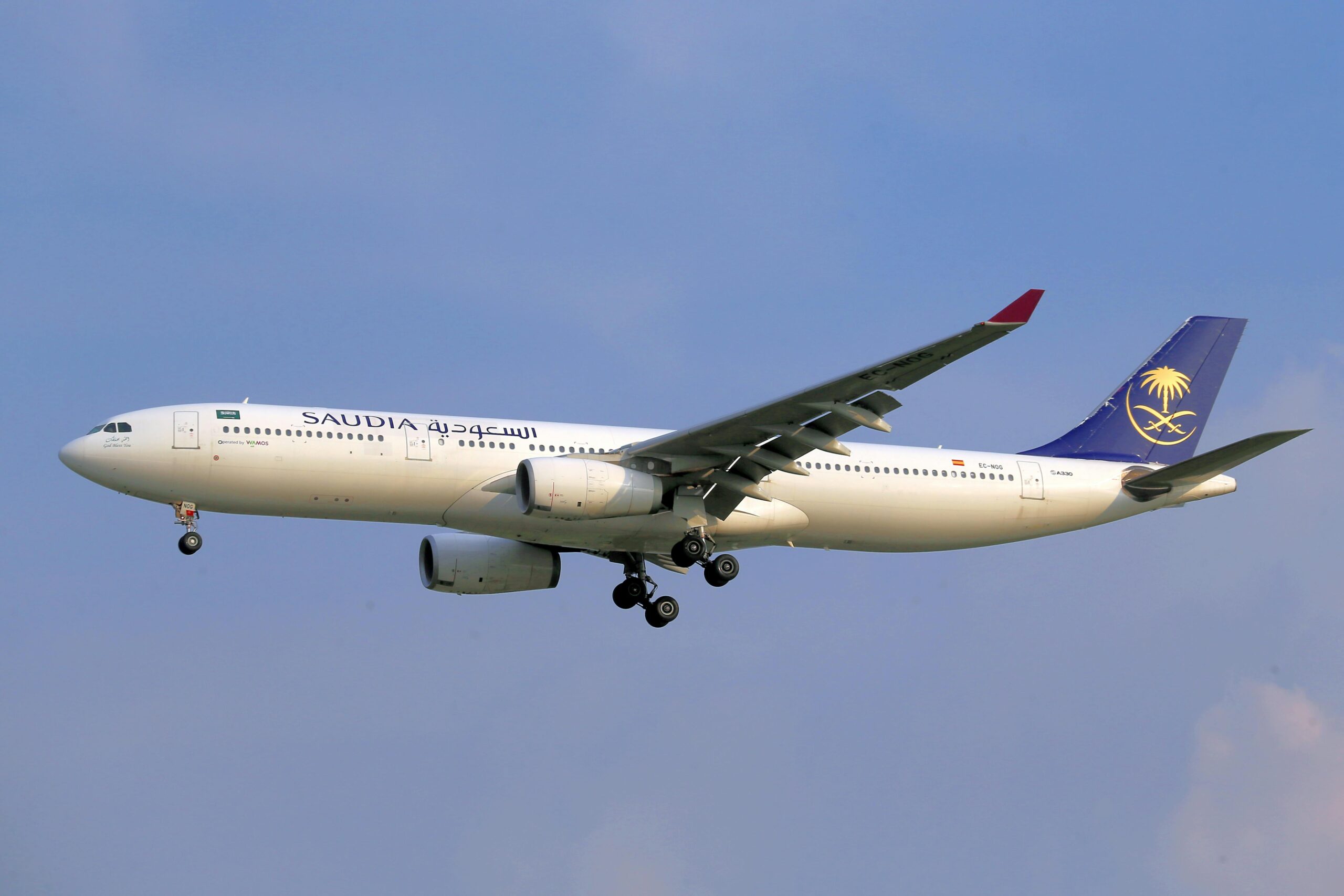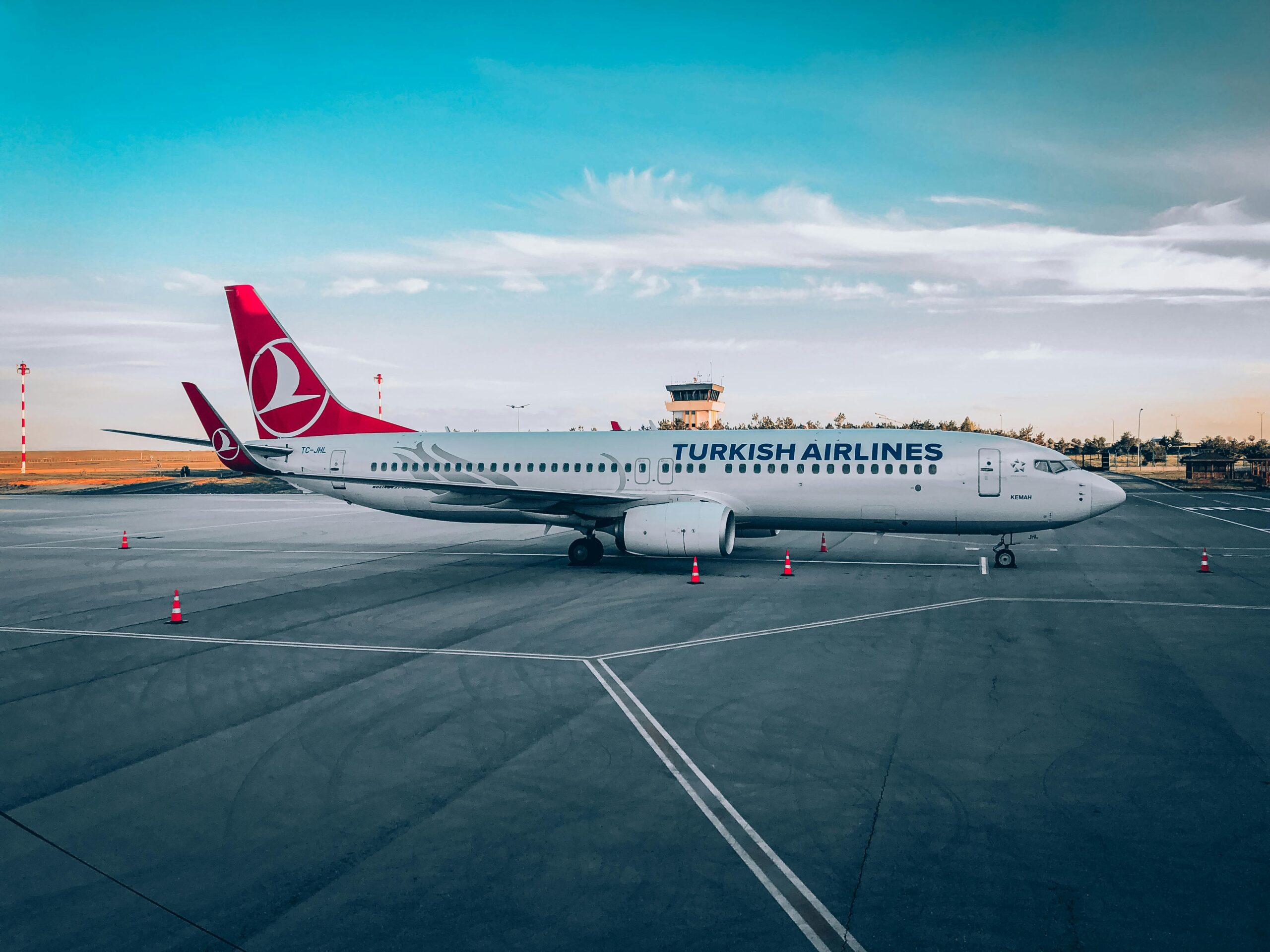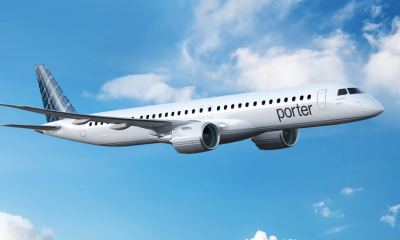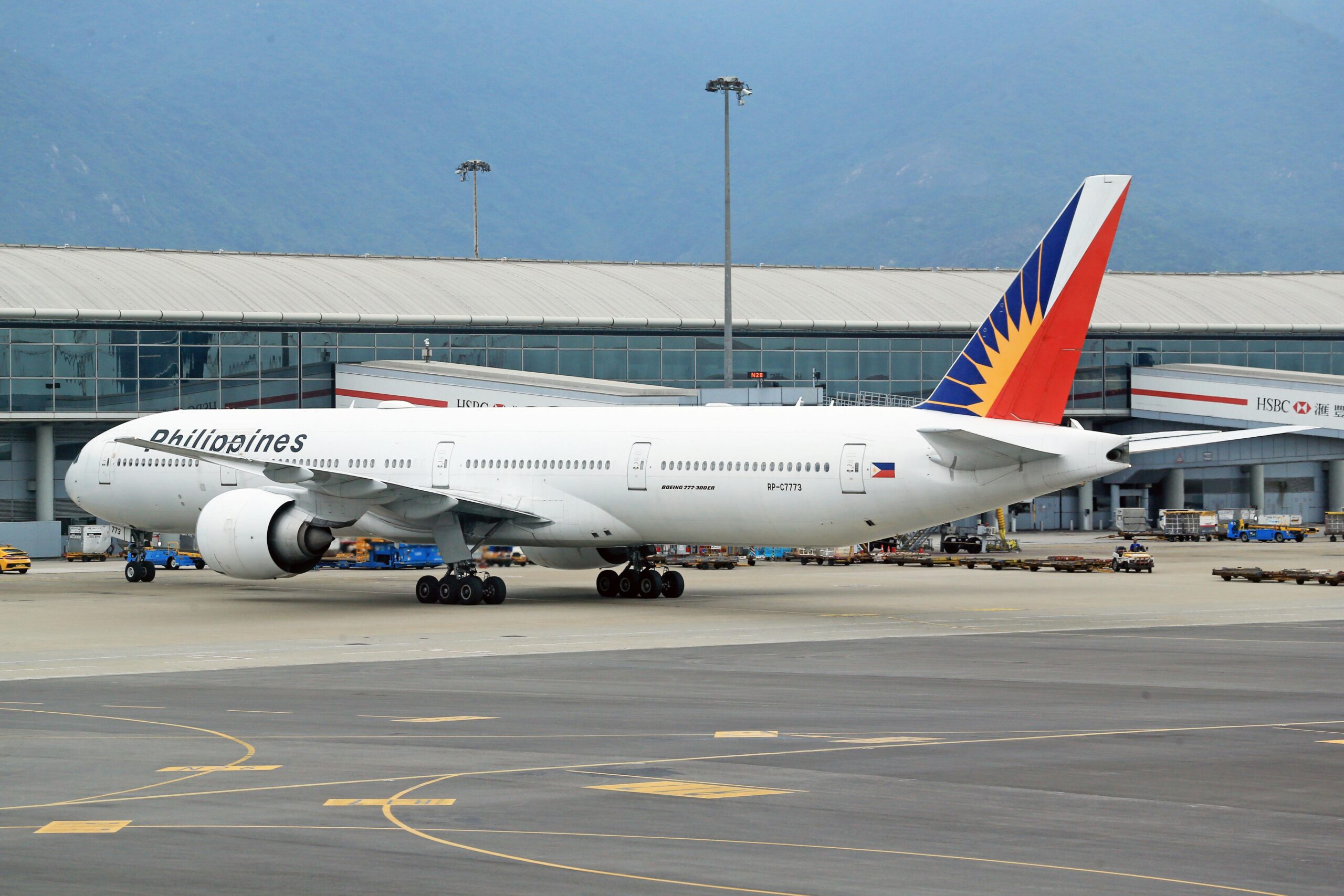WentWorld.com
Picture this: you’ve finally embarked on that long-awaited trip, filled with exciting adventures and new discoveries. But as you step off the plane, a wave of fatigue washes over you. Jet lag, restless nights in unfamiliar hotel rooms, and the constant buzz of travel can take a toll on your sleep, leaving you feeling drained and less able to enjoy your journey.
We often prioritize packing lists, itineraries, and sightseeing schedules when planning our travels, but what about sleep?
Have you ever considered how crucial quality sleep is to a fulfilling travel experience? It’s more than just feeling rested; it’s about optimizing your health, mood, and overall enjoyment of your adventures.
The Science Behind Sleep and Travel
Our bodies operate on a natural sleep-wake cycle known as the circadian rhythm, which is regulated by light and darkness. When we travel across time zones, this rhythm is disrupted, leading to jet lag – a temporary sleep disorder characterized by fatigue, insomnia, and difficulty concentrating.
Furthermore, the stress of travel, changes in environment, and unfamiliar routines can further impact our sleep quality. Sleep deprivation weakens our immune system, making us more susceptible to illness, and affects our cognitive function, leading to poor decision-making and reduced concentration.
Why Sleep Matters on Your Adventures
- Enhanced Energy and Mood: A well-rested traveler is a happy traveler! Quality sleep provides the energy you need to tackle busy itineraries, explore new destinations, and engage in activities with enthusiasm. It also improves your mood, making you more adaptable to unexpected situations and better equipped to handle the challenges that travel can sometimes present.
- Stronger Immune System: Traveling exposes us to various germs and bacteria. A strong immune system is your best defense against falling ill, and sleep is crucial for maintaining its effectiveness. When you’re well-rested, your body produces cytokines, proteins that help fight infection and inflammation, keeping you healthy throughout your trip.
- Improved Cognitive Function: Travel often involves navigating unfamiliar environments, making decisions on the fly, and absorbing new information. Adequate sleep enhances cognitive functions like memory, attention, and problem-solving, allowing you to make the most of your travel experiences. You’ll be able to remember directions, process information about new cultures, and make sound judgments throughout your journey.
- Increased Enjoyment and Engagement: Let’s face it, the main reason we travel is to enjoy new experiences and create lasting memories. Sleep deprivation can dampen your enthusiasm, making even the most incredible sights seem less appealing. When you’re well-rested, you’re more present, engaged, and able to fully appreciate the wonders of your destination.
Tips for Better Sleep While Traveling
Prioritizing sleep while traveling can significantly enhance your experience. Here are some tips to help you achieve quality rest:
- Adjust to Your Destination’s Time Zone: Start adjusting your sleep schedule a few days before your trip by gradually shifting your bedtime and wake-up time closer to your destination’s time zone.
- Embrace Natural Light: Upon arrival, expose yourself to natural sunlight during the daytime to help reset your circadian rhythm. Spend time outdoors, take walks, and avoid staying in dark rooms for prolonged periods.
- Create a Relaxing Bedtime Routine: Even in unfamiliar environments, establish a relaxing pre-sleep routine. Take a warm bath, read a book, listen to calming music, or practice relaxation techniques like meditation or deep breathing.
- Optimize Your Sleep Environment: Make your sleep space as comfortable as possible. Request a quiet room away from noise, ensure the temperature is cool, and use blackout curtains or an eye mask to block out light. Bring your own pillow or earplugs if you find them helpful for sleep.
- Limit Caffeine and Alcohol: Avoid consuming caffeine or alcohol close to bedtime, as they can disrupt your sleep patterns. Opt for herbal tea or water instead.
- Stay Hydrated: Dehydration can worsen jet lag and affect sleep quality. Drink plenty of water throughout the day, especially during flights and in dry climates.
- Consider Melatonin Supplements: Melatonin is a hormone that regulates sleep. Consult your doctor about using melatonin supplements to help you adjust to new time zones and improve sleep quality.
- Strategic Napping: Short naps can be beneficial for combating jet lag or fatigue, but avoid long naps, as they can disrupt your nighttime sleep. Limit naps to 20-30 minutes and try to take them earlier in the day.
- Move Your Body: Physical activity can improve sleep quality, but avoid exercising too close to bedtime. Incorporate light to moderate exercise into your travel itinerary, such as walking tours or yoga sessions.
- Listen to Your Body: Pay attention to your body’s cues and prioritize rest when needed. Don’t feel pressured to stick to a rigid itinerary if you’re feeling tired. Allow yourself downtime to recharge and ensure you’re getting enough sleep.
The Importance of Sleep Beyond Your Trip:
The benefits of prioritizing sleep extend beyond your travel experience. Establishing healthy sleep habits can improve your overall well-being, boosting your energy levels, mood, and cognitive function in everyday life.
We’d love to hear from you!
How do you prioritize sleep while traveling? Do you have any tips or tricks for overcoming jet lag or getting a good night’s rest in unfamiliar environments? Share your experiences and insights in the comments below!
Also, don’t forget to follow us on our social media platforms for more travel tips and wellness advice.
Catch up on the top stories and travel deals by subscribing to our newsletter!












Leave a Reply